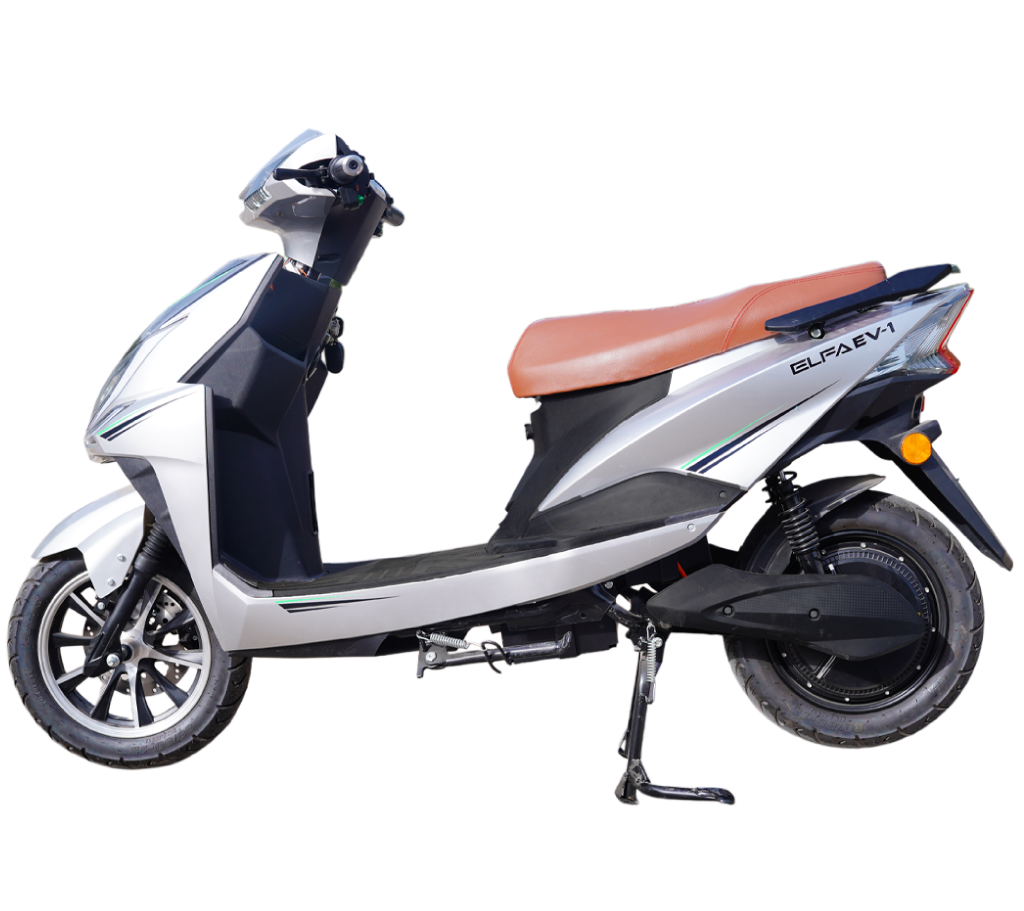Are you considering purchasing an electric bicycle (e-bike)? Cycling is widely recognized as an excellent mode of transportation—it is free from noise and pollution, promotes physical fitness, and is significantly more economical than most other forms of travel. E-bikes offer all these advantages, with the added benefit of reducing physical exertion, particularly on the legs—ideal for those who prefer a less strenuous ride.
However, one might ask: how environmentally friendly is e-biking? Does it truly benefit the planet? And from a health perspective, is it still effective? Is using an e-bike merely taking the easy way out—simply sitting while a battery-powered motor does all the work?
Let us consider this: just as there are varying degrees of purity—often described figuratively as “whiter than white”—so too are there varying shades of environmental responsibility. While not all green choices are created equal, even the lightest shade of green is preferable to no green at all.
At our core, we advocate for all forms of sustainability, recognizing that some options are more environmentally sound than others. E-bikes, like any mode of transport, are not without their ecological drawbacks—neither is traditional cycling, for that matter. Nonetheless, the overall impact of e-bikes is decidedly positive when viewed through the lens of environmental stewardship.
Moreover, e-bikes contribute to personal health and wellness. Though battery assistance provides a helpful boost, riders are still required to exert effort at various points along their journey.







